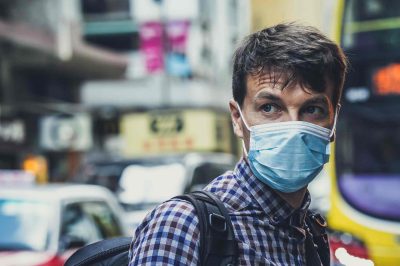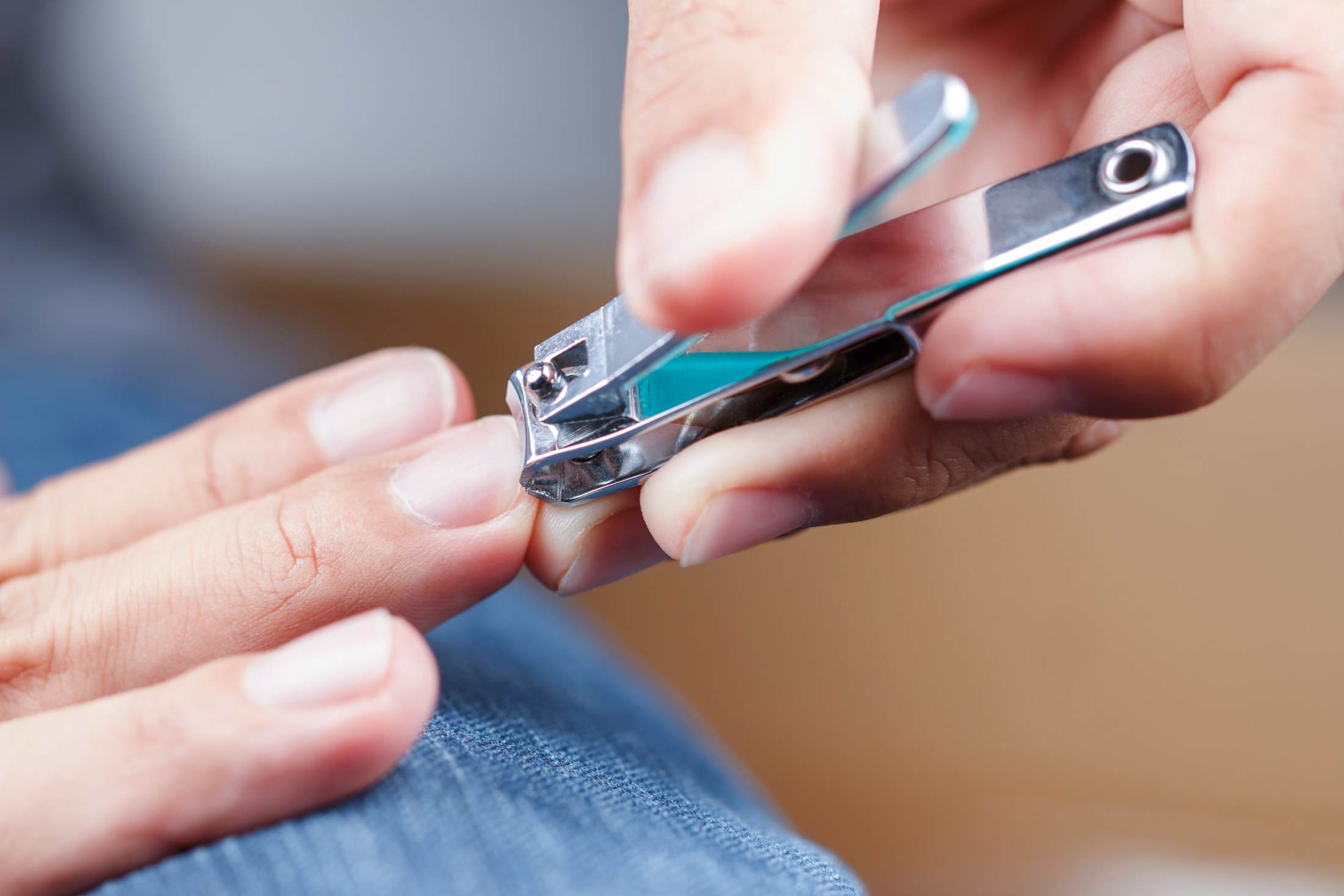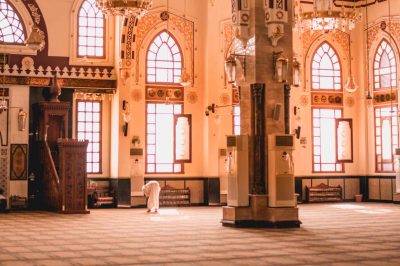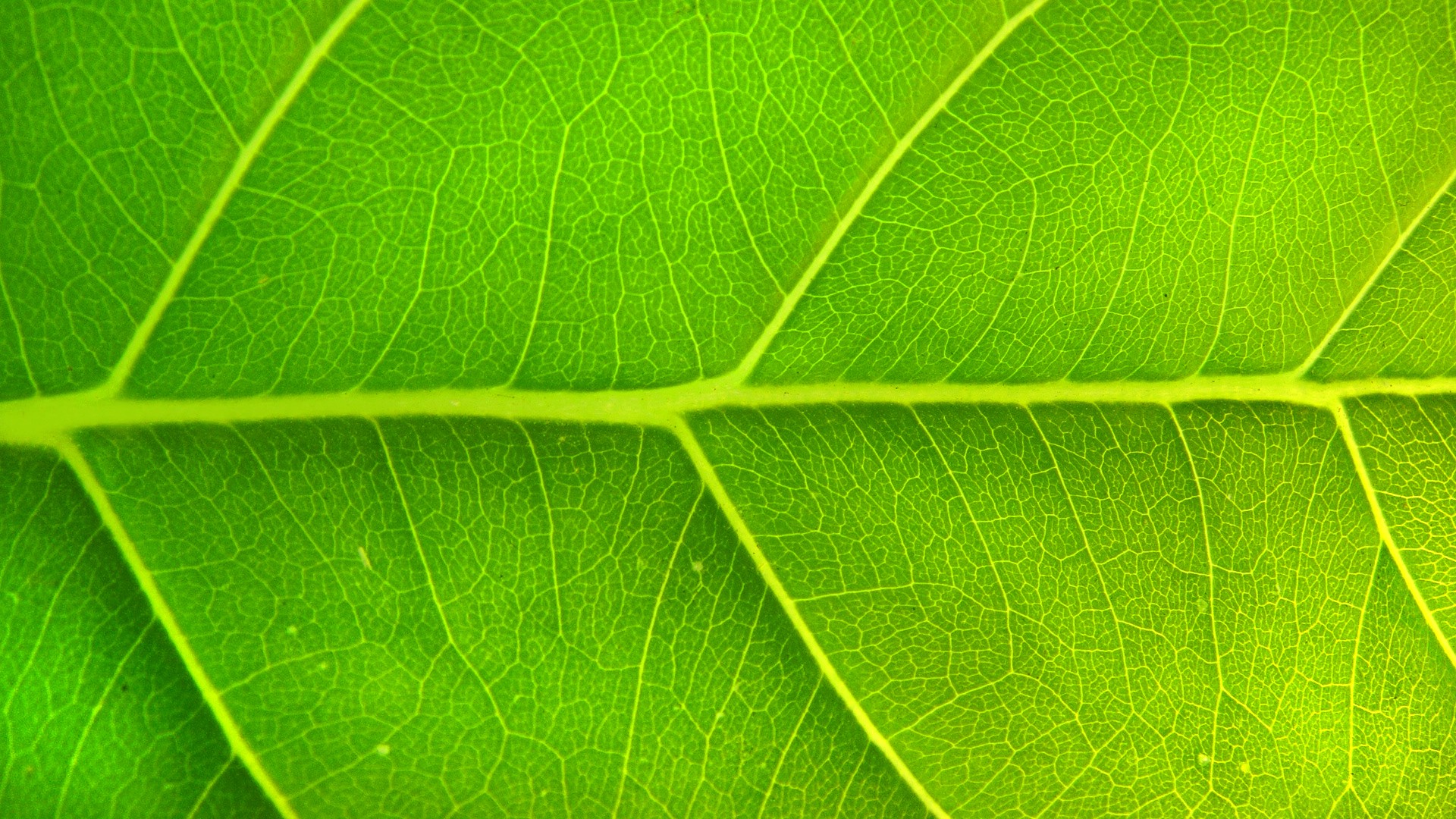News about COVID-19 has been spreading faster than the disease itself. With this news comes fear, myths and a whole lot of uncertainty.
For Muslims in particular, we find ourselves facing an unprecedented challenge of practicing our faith in the face of public health chaos and quarantine.
A lot of us are having trouble understanding where does our Islam stand during a plague. Here are just a few things to reflect on and share!
? Read Also: Coronavirus Pandemic: Tips from Prophet Muhammad (PBUH)
Lady Aisha’h (may Allah be pleased with her) reported: She asked the Messenger of Allah (peace and blessings be upon him) about plagues and he said,
“It is a punishment that Allah sends upon whoever he wills, but Allah has made it a mercy for the believers. Any servant who resides in a land afflicted by plague, remaining patient and hoping for reward from Allah, knowing that nothing will befall him but what Allah has decreed, he will be given the reward of a martyr.” (Bukhari)
What Does Tying Your Camel Look Like?
Many are familiar with the hadith of tawakkul where a Bedouin asked Prophet Muhammad (peace and blessings upon him) whether he should secure his camel before leaving alone (to protect from it wandering or being stolen) or if he should just trust Allah.
The Prophet advised him to do both: “tie it and trust in Allah.” (At-Tirmidhi)
So what does tawakkul mean at a time like this?
We hear many people saying “if we get sick, it is from the will of God!”. They go about their day, ignoring warnings from public health professionals.
It is true that illness is a test through Allah’s will. But, this statement is only half of tawakkul! The other half is tying your camel and taking the necessary precautions to not be a vector (a medium through which disease is spread).
The Prophet (peace and blessings be upon him) said, “If you hear of an outbreak of plague in a land, do not enter it; but if the plague breaks out in a place while you are in it, do not leave that place.” (Bukhari)
This is a command from the Prophet! How do we implement tawakkul while ignoring the advice of the master of tawakkul himself?
My brothers and sisters, it is not tawakkul to intentionally endanger yourself. It is foolish and in some instances can be considered sinful. We discuss why in the next section.
So Who Do We Take Guidance from?
Allah Almighty says:
{ We did not send ˹messengers˺ before you ˹O Prophet˺ except mere men inspired by Us. If you ˹polytheists˺ do not know ˹this already˺, then ask those who have knowledge ˹of the Scriptures˺.} (An-Nahl 16:43)
While the verse refers to those of knowledge of the scripture, the principle of the verse is the following:
In times of our own ignorance, we should actively seek guidance/knowledge from the experts in that field. We take that guidance so long as it does not contradict with the principles of our deen.
So in a time of pandemic, we seek knowledge from the experts in public health, medicine and epidemiology. We then match it to the advice of our scholars and move forward.
But, remember, these decisions are not made by lay people like you and I. They are made by those with credentials and those with authentic knowledge of the Quran and Sunnah.
To get the most accurate information from the disease experts, avoid social media and look at your national and local government websites. In the USA, the CDC is constantly updating information about the COVID-19.
But The Kaabah is Closed!
The lessons from the closure of the Holy Mosque and the Kaabah area are many.
First and foremost, it is a reminder that we worship Allah, whether the holy sites are accessible or not! If they are closed, our hearts remain open.
Times like this should push us to be resilient and demonstrate that nothing will shake our worship! Pray in congregation with your family. Wake up early to pray tahajud. Read more Quran.
Make the intention that you will be more committed to visiting your masjid when they reopen insha Allah.
It is not the first time the Kaabah had been closed in our history. Hajj season was suspended during times of war and plague like in 865 CE, 930 CE, 1814 CE and other years.
Ramadan in Quarantine
And, as sad as it may sound, prepare for a possibility that the mosques may not be open in time for Ramadan! So make a plan to ignite your spirituality no matter what!
There are many virtual lectures, halaqat and Dhikr circles that have been circulating.
Follow your local/national Islamic organizations and institutions on social media to see what’s available. And if push comes to shove, create a virtual meeting with friends to do Dhikr and reflection!
Muslim Character Test
Allah is watching us and the angels continue to record our deeds at a time like this. The fear and panic should not ever make Muslims like us fall for shaytan’s tricks of selfishness, hoarding, disrespect, racism or fear mongering!
When it is over, do you wish to be of those who Allah recognizes as excellent in dawah. Or those who were fooled by love of the dunya.
Asma, daughter of Abu Bakr, said :
I said : Messenger of Allah(peace and blessings be upon him), I have nothing of my own except what al-Zubair (her husband) brings to me in his house: should I spend out of it?
He said: Give and do not withhold [what you have] lest [the blessings] will be withhold from you. (Sunan Abi Dawud)
We are a people of charity, not hoarding! If you did hoard out of panic, consult your heart then share with your neighbors and those in need.
Look for volunteering opportunities to help those who are self-quarantined or isolated, especially those who are elderly, who were laid off, who have children and no care-givers and so on.
When you hear of anyone making racist remarks, call them out. It is not okay to treat Allah’s creation unjustly out of ignorance, Muslim or not! These are the times we are tested. And these are the times that matter most.




